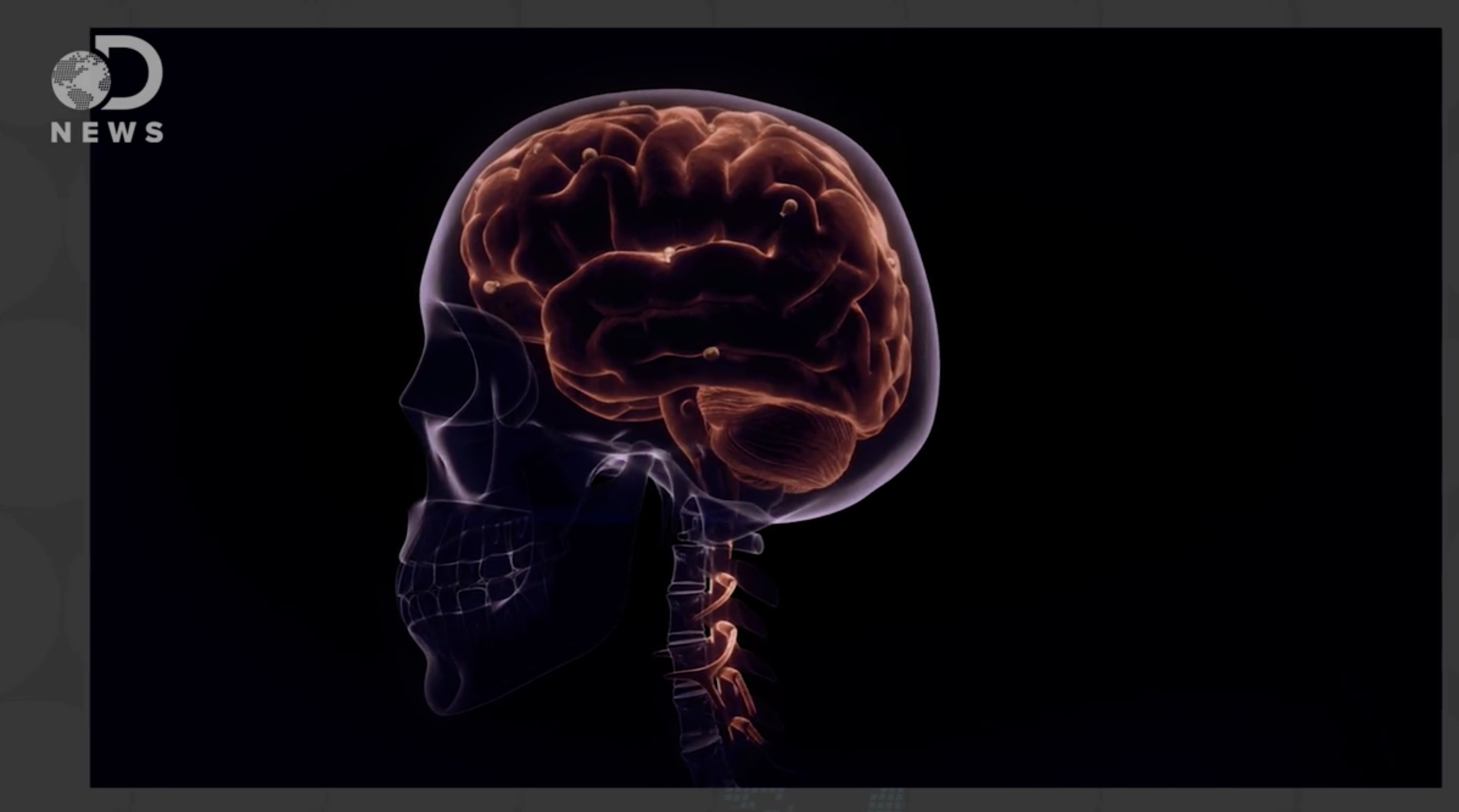This Is Why You Hallucinate When You're Not on Drugs

By:
Have you ever heard a door slam when you’re the only one at home? Have you ever sensed a person behind you, and turned to find you’re alone?
Hallucinations are frequently associated with drugs and mental illness, but a recent Discovery News video points out that hallucinations are actually more common than you might think.
ALSO: The Difference Between a Personality Quirk and a Psychological Disorder
What exactly is a hallucination?
 Atilla Kefeli - flickr.com
Atilla Kefeli - flickr.com
Hallucinations could be feeling or seeing something that’s not there, but it can also be hearing or smelling something that isn’t there, Discovery News notes.
Hallucinations can also be more complex, like interactions with people who aren’t really there.
Why do hallucinations occur?
Because the world is so complex, your brain has learned to filter out what isn’t important. As a result, it might not get all of the information it needs, so it makes an assumption — a shortcut — to fill in the gaps.
 Discovery News - testtube.com
Discovery News - testtube.com
Hallucinations start when your brain takes a shortcut, but gets it wrong.
“A hallucination is when you make assumptions that are just plain wrong, and see things that aren’t really there,” Discovery News explains. "It's because we tend to fall back on past knowledge or mental framework when we fill in gaps in our brain."
What does the research say?
A recent study published in the Proceedings of the National Academy of Sciences found that people who experience visual hallucinations as a result of schizophrenia and other mental disorders could be explained in the way humans process what they see.
“When we open our eyes, typically most of us have this feeling of a very clear picture of the world that’s out there,” Christoph Teufel, a lecturer in neuroscience at Cardiff University and the lead author of the study, told the Atlantic.
“That's actually not really the case... We use what we already know about the world in order to generate an unambiguous perception of the world.”
To learn more about hallucinations and why we have them, watch the full video below.
